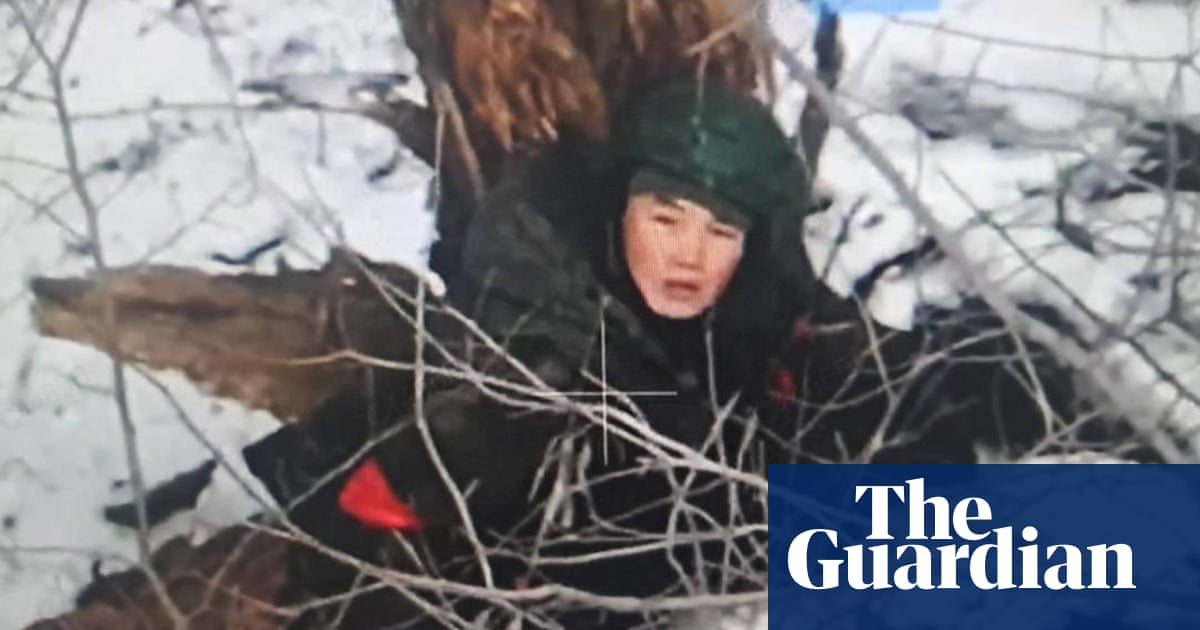More than 1,000 North Korean soldiers have been killed or wounded since they were sent to fight alongside Russian troops in Ukraine, according to South Korean military officials.
In a statement released on Monday, the South’s Joint Chiefs of Staff (JCS) said: “We assess that North Korean troops, who have recently engaged in combat with Ukrainian forces, have suffered around 1,100 casualties.”
The JCS did not say how many troops had been killed in action, but the claims underline the risks posed to the North’s untested armed forces, amid reports that the regime is poised to send further reinforcements to Ukraine.
Last week South Korea’s spy agency claimed that at least 100 North Korean troops had died in the conflict since being sent into combat this month.
The high number of casualties could be attributed to the “unfamiliar battlefield environment, where North Korean forces are being used as expendable frontline assault units, and their lack of capability to counter drone attacks”, Lee Seong-kweun, a South Korean MP, told reporters after meeting intelligence officials.
Lee said “several North Korean casualties” had been attributed to Ukrainian missile and drone attacks, as well as training accidents, with the highest-ranking victim “at least at the level of a general”.
The Joint Chiefs of Staff said it was “particularly interested in the possibility of additional deployments” to aid Russia’s war effort, adding that Pyongyang was “preparing for the rotation or additional deployment of soldiers”.
The statement said North Korea was also “producing and providing self-destructing drones” – thought to refer to attack drones – for use by Russia, along with rocket launchers and self-propelled artillery.
The deployment of North Korean soldiers marked a dramatic escalation in the war in Ukraine, as the Kremlin turned to its ally to boost its forces in the Kursk border region, where Ukrainian forces seized territory this year. It was also a demonstration of attempts by the Russian president, Vladimir Putin, to broaden the conflict through the direct involvement in fighting of a third country.
The once-unimaginable prospect of North Korean soldiers – members of the country’s 1.3 million-strong army – fighting in a European war became a reality months after Putin and Kim Jong-un signed a mutual defence pact at a summit in Pyongyang in June.
While details of the agreement have not been released, analysts believe the North Korean leader wants access to Russian rocket technology and other military know-how in exchange for providing its forces with ammunition, weapons and reinforcements.
Up to 12,000 North Korean troops have been deployed to help Russia in the war, according to US and South Korean officials. Pyongyang has also sent more than 10,000 containers of artillery rounds, anti-tank rockets, as well as mechanised howitzers and rocket launchers.
South Korea’s JCS said the North was also using the Ukraine theatre to modernise its warfare capabilities, adding: “This could lead to an increase in the North’s military threat toward us.”
In response, South Korea and Ukraine said last month they would deepen security cooperation, with the South’s now-impeached president, Yoon Suk Yeol, refusing to rule out providing Kyiv with weapons.
South Korea is a major arms exporter but has a longstanding policy of not sending weapons to countries that are engaged in conflict.
North Korea has not referred to its troop deployments or weapons shipments in official statements, but last week accused the US and its allies of “reckless provocation” for criticising its material support for Russia.
A foreign ministry spokesperson said the foreign ministers of 10 countries and the EU were “distorting and slandering” Pyongyang’s “normal cooperative” ties with Moscow, according to state media.
In a statement released by Washington, Ukraine’s allies urged North Korea “to cease immediately all assistance for Russia’s war of aggression against Ukraine, including by withdrawing its troops”.

